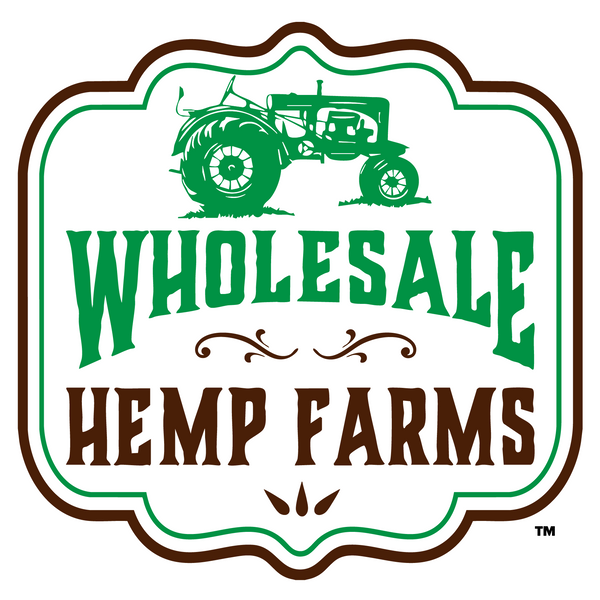The Rise of Small-Scale Hemp Farmers in America
In recent years, the hemp industry in the United States has experienced a significant transformation. Small-scale hemp farmers are emerging as key players, contributing to the dynamic landscape of alternative health and wellness. This blog post explores the motivations, challenges, and rewards of small-scale hemp production, shining a light on an industry brimming with potential.
Why Small-Scale Hemp Farming?
Many independent farmers are turning to hemp for its versatility and potential profits. Hemp can be used in numerous products, from textiles to health supplements. The de-stigmatization of hemp, alongside legislative support, like the 2018 Farm Bill, has encouraged this transition. These Hemp Flower enthusiasts view farming as a means to sustainable agriculture, environmental benefits, and economic opportunity.
The Challenges of Small-Scale Hemp Production
While the prospects of hemp farming are enticing, there are obstacles to overcome. One primary challenge is the significant financial investment required for hemp farming infrastructure, such as seeds, equipment, and initial labor costs. Farmers must also navigate complex regulatory frameworks that vary by state, ensuring compliance with THC content limits and other industry standards. Additionally, they face market competition and the need to establish trustworthy distribution channels, from product lines like Mothership Flower to CakeBerry Brûlée.
The Rewards: Community and Innovation
Despite these challenges, the rewards are considerable. Small-scale hemp farmers often cultivate strong community ties, supporting local economies and creating jobs. Innovation is at the core of their operations, as they experiment with diverse strains and products such as Orange Gas Flower. Moreover, farmers who prioritize organic and sustainable practices often find their products fetch premium prices, appealing to health-conscious consumers who value transparency and quality.
The Future of Hemp Farming
The future of small-scale hemp farming in America remains bright. As consumer interest in natural and organic products grows, so does the demand for high-quality hemp. Independent farmers are well-positioned to meet this demand by offering unique, crafted products while maintaining environmentally responsible operations. Whether through FAQ resources or direct Contact services, bridging the gap between farmer and consumer is more accessible than ever.
In conclusion, small-scale hemp farmers are vital to the continued evolution of the hemp industry in America. By championing sustainable practices and fostering innovation, they are creating an industry that promises substantial ecological and economic benefits.

